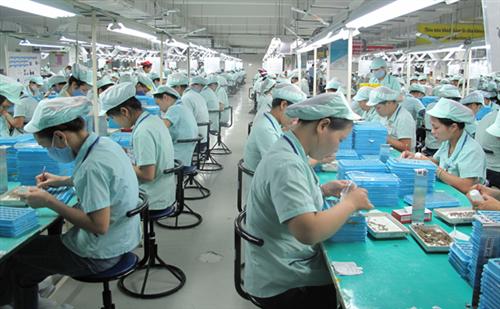Coronavirus to hurt Vietnam’s economy
Coronavirus to hurt Vietnam’s economy
The novel Wuhan coronavirus is likely to significantly affect local economic growth, with the tourism, aviation and trade sectors facing the heaviest losses, according to a report by VNDirect Securities Corporation.

Accordingly, Asian countries, including Vietnam, will face an economic slowdown in the first quarter of this year as they have close economic ties with China, Thanh Nien Online newspaper reported.
The Civil Aviation Authority of Vietnam has suspended all flights to and from mainland China and tours bringing Chinese tourists to Vietnam have also been cancelled, causing losses for the tourism and aviation sectors.
In addition, trade activities will be hindered due to the restriction of travel through border gates. Travel through border crossings with China may be further restricted in the coming periods, which may affect trade activities between the two countries.
In the short term, the export of farm produce, seafood and food through informal channels to China will face difficulties.
On the other hand, the production of some products in China’s Hubei Province may stagnate, leading to a shortage of materials for some Vietnamese enterprises in the textile and garment, electronics, consumer goods and steel sectors.
However, the shortage is temporary and production in China will recover when the coronavirus is brought under control.
Moreover, the retail sector will be negatively affected by the falling demand for shopping.
Nevertheless, VNDirect was optimistic that several sectors facing strong competition from Chinese rivals may see short-term benefits. In addition, some sectors, such as apparel and footwear, may see a shift of orders from China to Vietnam.
Enterprises producing and distributing pharmaceutical products and medical equipment may also see benefits. However, most local pharmaceutical firms produce antibiotics, simple medicines and functional food, so they will see no benefits from the coronavirus outbreak.
Further, local consumers who hesitate to visit brick-and-mortar stores and prefer shopping online will prop up ecommerce platforms and delivery service providers.
























